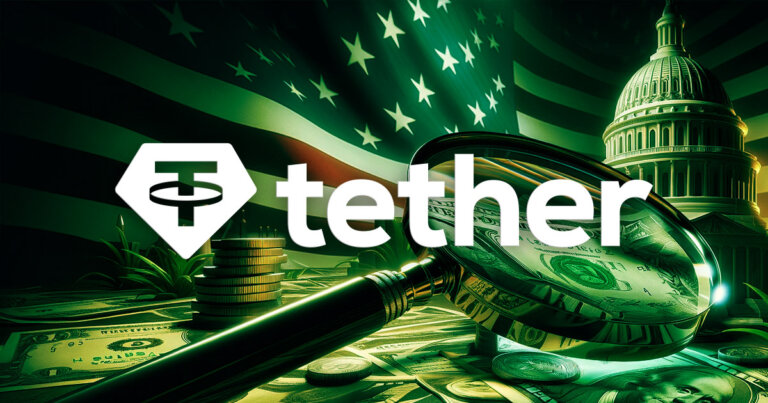Bitcoin ETF aimed at addressing state financial deficit as legislator regret missing out on 10,000% Bitcoin gain in 2016.
In a social media post on May 12, New Hampshire State Representative Keith Ammon talked about the possible advantages of the state diversifying its cash reserves into exchange-traded funds (ETFs) that track Bitcoin.
In January, the SEC authorized spot trading of Bitcoin ETFs on US exchanges. Subsequently, the products have attracted much attention, as evidenced by the disclosure of significant holdings in these ETFs by prominent financial organizations such as JPMorgan Chase and trading firm Susquehanna International Group.
Ammon outlined a speculative scenario in which the state would have made an astounding 10,000% profit on its initial $4.65 million investment in Bitcoin in 2016 if it had allocated 5% of its rainy day fund to the cryptocurrency.
Nevertheless, the state missed this substantial ROI opportunity since it failed to invest in the top digital asset.
Nevertheless, Ammon pointed out that by transferring even 5% of its $290 million rainy day reserve to a Bitcoin ETF now and keeping it until 2030, the state could make up for that oversight and earn an astounding 6,200% return on investment.
His prediction is based on observations made by well-known figures in the cryptocurrency industry, like Christine Wood, CEO of Ark Invest, who sees a significant increase in the price of Bitcoin. Wood suggests that the cost of Bitcoin might reach $3.8 million by 2030 if institutions allocate 5% of their portfolio to it.
Ammon also cites Manuel Nordeste, Vice President of Digital Assets at Fidelity, who recently brought attention to the growing trend of big banks and pension funds adding Bitcoin ETFs to their holdings.
Ammon also notes that in a recent panel, a significant percentage of pension managers—25 percent, to be exact—exposed personal ownership of digital assets. He mentioned:
If just 1% of state pension AUM ($5.5T) flowed into BTC, it would dwarf mining revenue, leading to a supply shortage relative to demand and a price increase for Bitcoin.
Ammon suggests that exposure to Bitcoin might lessen New Hampshire’s financial obligations in light of these observations. He declared:
The State of New Hampshire has outstanding liabilities to the state pension system of $1.25 billion and for bonds of around $200 million. How could we climb out of that hole? The answer may be staring us in the face, and it’s worthy of further investigation.



